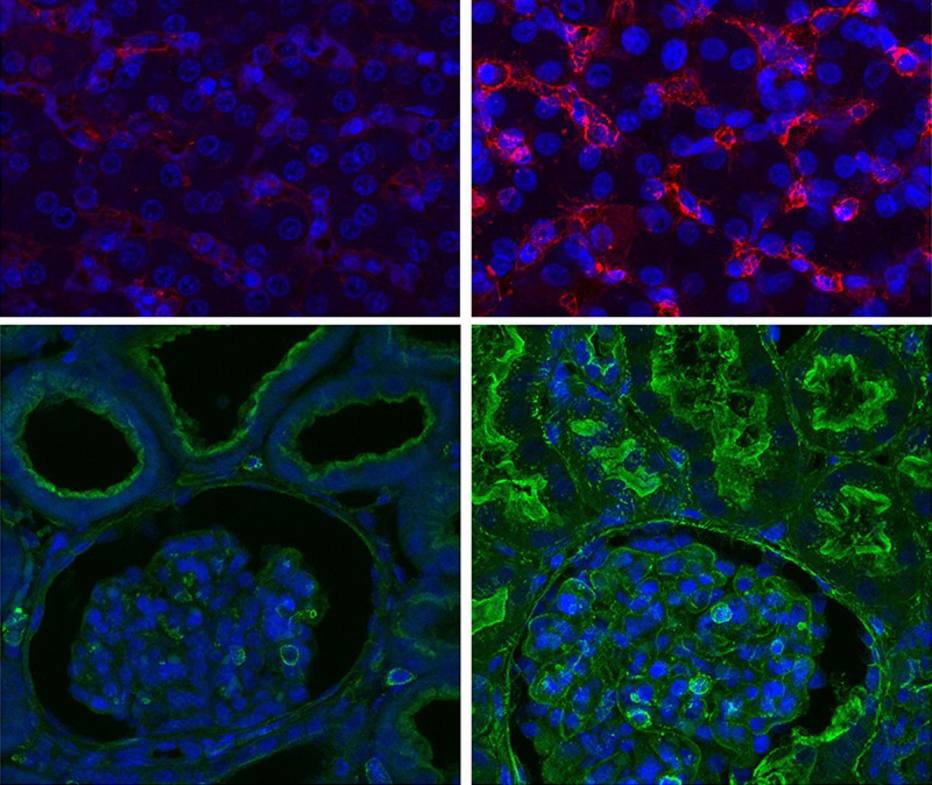Death is the best example of an irreversible event. No wonder the resurrection is the main miracle in the Bible. But this does not mean that we abandon the search for the resurrection. Science is far from that, but progress has been made in recent decades. Organ transplants allow a part of the body to survive for decades, and pacemakers make stopped hearts start beating again.
This week, a A study in which scientists were able to reverse some vital functions an hour after death. The anesthetized pigs’ heartbeats were stopped by electric shock and the pigs were left on the operating table for 1 hour. After that time, they were attached to the equipment, and a fluid capable of reversing the degenerative processes that occur after the heart stopped in the circulatory system was injected.
Over the next six hours, the scientists analyzed what happened to the cells and organs. The study is huge and not all the results can be described, but in general the cells started working again, their genes were reactivated and the production of proteins resumed. The membranes also returned to function and the pig showed some movement.
The results are far from resurrecting, as the brain didn’t work again and the pig didn’t get out of the lab. In practice, this discovery will make it easier to preserve organs for transplants and will lead scientists to try the experiment at intervals of less than an hour.
This study confirms what scientists have known for a long time. The transition of the body from life to death is not a single event, like a switch, which is either open or closed, but a relatively long process, involving gradual changes. This study shows that part of this process can be reversed, just as an electrical shock reverses cardiac arrest.
This discovery forces us to rethink when we can consider a person dead. We usually say that a person died when their condition could not be reversed. That is why today we do not consider a person whose heart has died, this is a condition that can often be reversed. It is important to determine when a person is truly dead, because at this point doctors give up their efforts, and if they allow organ transplants, they can be withdrawn. This finding shows that as science progresses, our definition of when a person dies must be revised.
more information: Cellular recovery after prolonged warm ischemia of the whole body. temper nature https://doi.org/10.1038/s41586-022-05016-1 2022

“Wannabe internet buff. Future teen idol. Hardcore zombie guru. Gamer. Avid creator. Entrepreneur. Bacon ninja.”

